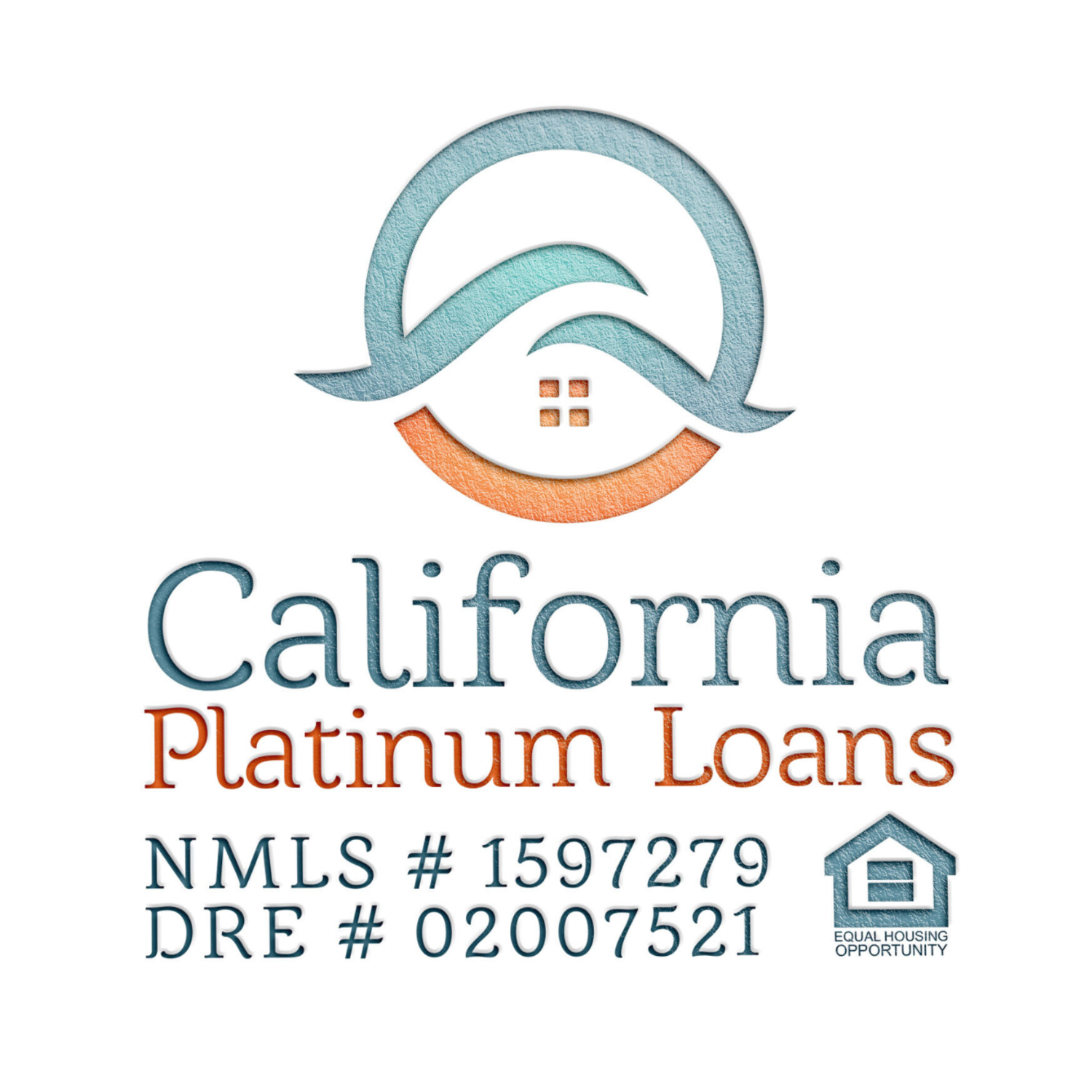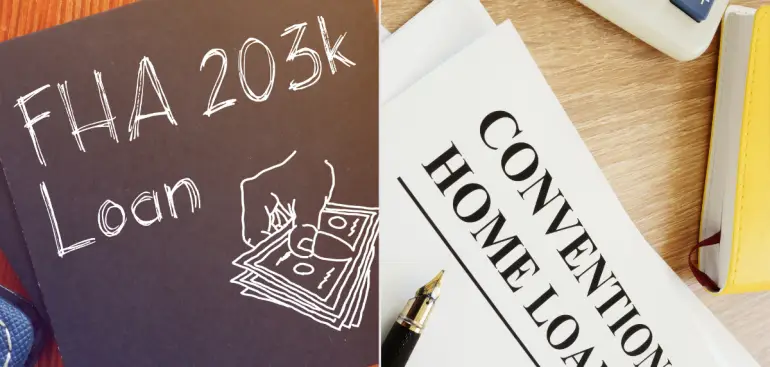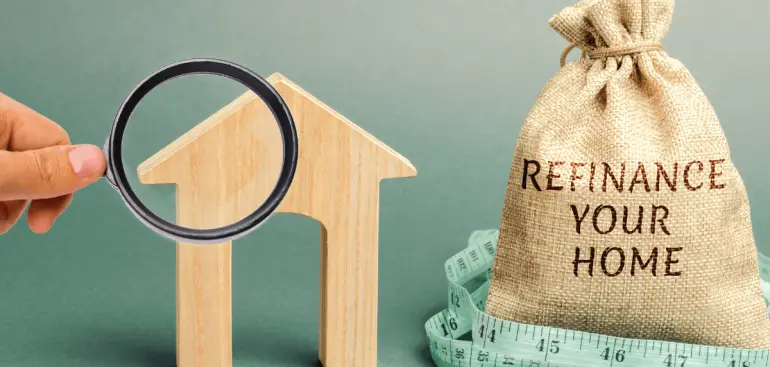Both FHA mortgages and conventional (non-FHA) mortgages have advantages and disadvantages. Contrary to some reports, you can find a conventional mortgage with a down payment lower than 20%, so you may be able to make a low down payment for an FHA mortgage or a conventional mortgage.
However, each mortgage loan program has advantages, so which are the strengths offered by FHA home loans, and which are the strengths offered by conventional mortgages?
What are some of the advantages of FHA home mortgages?
First, if you’ve got less than perfect credit, an FHA home loan could be your best option. Technically, FHA home mortgages are offered to people with credit scores as low as 500. In practice, most FHA home loans are offered to people with scores higher than 580. You will need a credit score of at least 580 to qualify for a 3.5% low down payment on an FHA home loan. With a score lower than 580, you will need to put at least 10% down.
FHA home mortgages are often touted by mortgage experts as the only alternative for home buyers with poor credit. They offer competitive mortgage interest rates. However, FHA home mortgages always come with a one-time mortgage interest charge when the loan closes. You will also pay monthly mortgage interest (MI) payments for an FHA mortgage, potentially for the entire life of the loan.
What are some of the advantages of conventional home mortgages?
One of the biggest differences between a conventional home loan and an FHA home mortgage is the mortgage insurance requirement. Not all conventional mortgages require mortgage interest. None of them charge a one-time mortgage interest payment the way FHA mortgages do.
Conventional home loans can offer more flexible terms. The biggest difference between conventional home loans and FHA home mortgages are the credit scores that are generally required to qualify. Few, to no, conventional home loans are available for borrowers with credit scores lower than 620. The higher your credit score, the more flexibility in underwriting and interest rates and terms you will find for conventional home mortgages.
If you have a good credit score and are able to pay a bit more of a down payment than 3.5%, you may qualify for a 30-year fixed rate or a 15-year fixed rate home loan through an FHA home mortgage or a conventional home mortgage program.
Sources
https://themortgagereports.com/17168/fha-conventional-97-low-downpayment-comparison


